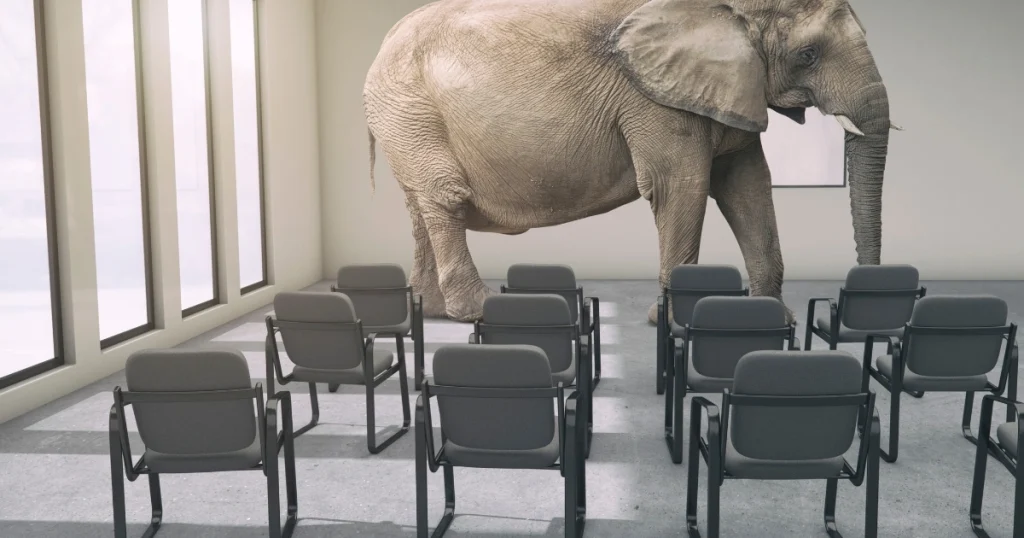Have you ever felt like you’re constantly trying to fix yourself? Like there’s always something about you that you always have to fix like being more confident, productive, disciplined, and the like? It’s very exhausting, isn’t it, especially if you don’t fully understand yourself just yet.
The secret that nearly everyone overlooks is that understanding leads to self-acceptance. There’s no magic pill that solves the issue for you. You don’t have to force yourself to be someone you’re not, nor do you need to know yourself deeply enough to accept who you already are. The pressure to be “better” starts to fade as you come to understand yourself better as you stop fighting yourself and start working with yourself. That’s where real growth happens.
Contents
First Step to Self-Acceptance

When you think about the people in your life that you love, you accept them despite their flaws. You love them not because they’re perfect, but because you understand them. You’ve seen and felt their struggles, their fears, their strengths. The same thing must apply to you if you want to understand yourself better and why you think the way you do, why you react the way you do.
When you don’t understand yourself, it’s easy to feel like you’re broken. You get frustrated with your habits, emotions, and insecurities. It is difficult, but when you take the time to really explore who you are, you start to see patterns and recognize that your fears aren’t just random anxieties. Those fears and pain come from past experiences. Your habits, even the ones you don’t like, are coping mechanisms that have kept you safe in some way in the past but aren’t helping you now. When you see yourself with that kind of clarity, judgment fades, and acceptance takes its place.
Stopping the Chase

Most of us spend our lives chasing something, whether it is happiness, success, approval, or all three. We think, Once I get that job, once I lose that weight, once I have more confidence, then I’ll be okay, but what if you could stop running? What if you could pause, right now, and just be?
Understanding yourself means taking a step back from the chase and observing yourself without judgment without constantly trying to change how you feel or who you are. You simply notice your thoughts, your reactions, your emotions. You don’t label them as good or bad. You don’t try to push them away or cling to them. You just see them for what they are.
This doesn’t mean you stop growing. It means you stop fighting yourself. Growth doesn’t come from force but through awareness. When you understand why you think or feel a certain way, you naturally begin to make choices that align with who you are, instead of forcing yourself into something that doesn’t fit.
No “bad” emotions

A lot of people think self-acceptance means ignoring their negative emotions, but that’s not it at all. True self-acceptance means recognizing that all emotions have a purpose. There’s no such thing as a “bad” emotion. Anger, sadness, fear are not flaws but signals that are trying to tell you something.
When you’re angry, it’s usually because something feels unfair or out of your control. When you’re sad, it’s because you’ve lost something important to you. When you’re anxious, it’s because your brain is trying to protect you from a perceived threat. None of these emotions are problems in themselves. The only time emotions become destructive is when you suppress them or act on them impulsively without understanding their message.
Instead of fighting your emotions, try listening to them. Ask yourself, What is this feeling trying to tell me? Once you understand it, you don’t have to be controlled by it. You can feel it, acknowledge it, and then decide what to do next. That’s the sign of true emotional intelligence at play.
Right to enjoy

One of the easiest ways to cultivate self-acceptance is to simply do more things that make you feel good. We’re not talking about something superficial, mind you, but in a way that aligns with your true self.
Ask yourself: When do I feel most like myself? Maybe it’s when you’re creating something, or when you’re out in nature, or when you’re laughing with close friends. Prioritize those moments and activities to help your mind, and give yourself permission to enjoy life in the way that feels natural to you.
We constantly deny ourselves to do the things we enjoy because we think we don’t “deserve” them yet. We tell ourselves we have to work harder, be better, earn the right to enjoy life. But that’s not true. The more you do things that bring you genuine joy, the easier it is to accept yourself as you are. You start to see that you’re not a project that needs fixing but someone who deserves to enjoy life just as you are.
Do the Hard Things That Help You Grow

Learning self-acceptance doesn’t mean you only do what feels comfortable. Some of the most important things you can do for yourself will feel hard at first like exercising, eating healthier, getting enough sleep, going to that doctor’s appointment you’ve been putting off, etc. These aren’t always enjoyable in the moment, but they create a better relationship with yourself in the long run, plus you stand to benefit from them in the long run.
Doing these actions show that you respect yourself and that you understand that you need to take care of the hard things in order to become more resilient. When you take care of your body and mind, you send yourself the message that you’re worth the effort. You also start to understand your emotions better. When you’re well-rested, you’re less likely to snap at people. When you eat nourishing foods, your mood stabilizes. When you move your body, you release stress and tension.
Doing what’s good for you, even when it’s hard, is a form of self-love. It’s not about punishing yourself or forcing yourself to change but to support yourself. The more you do things that help you in the long run, the more you realize you deserve that care. When you believe you deserve it, self-acceptance becomes second nature.
Closing Thoughts
Self-acceptance isn’t about settling. It’s about seeing yourself clearly. You embrace yourself wholly from your strengths, your flaws, your emotions, your desires and accept that they are what makes you unique. When you truly understand yourself, you stop fighting who you are and start working with yourself. You stop chasing some idealized version of yourself and start living as the real you. Life becomes easier, not because everything is perfect, but because you’re no longer at war with yourself.
So take a deep breath. Pause for a moment. Notice yourself. You don’t need fixing. You just need understanding. And once you have that, self-acceptance will follow naturally.
Enjoyed this post? You might also like these:
- How to Turn Ordinary Skills into Meaningful Contributions
- Affordable Self-Care Practices That Make a Difference
If you want to support this blog, you can do so by donating via Ko-fi. Just click the button below and it will redirect you to my Ko-fi page.
Thank you so much for being here—it truly means a lot. Your support helps keep this space going. 💛
